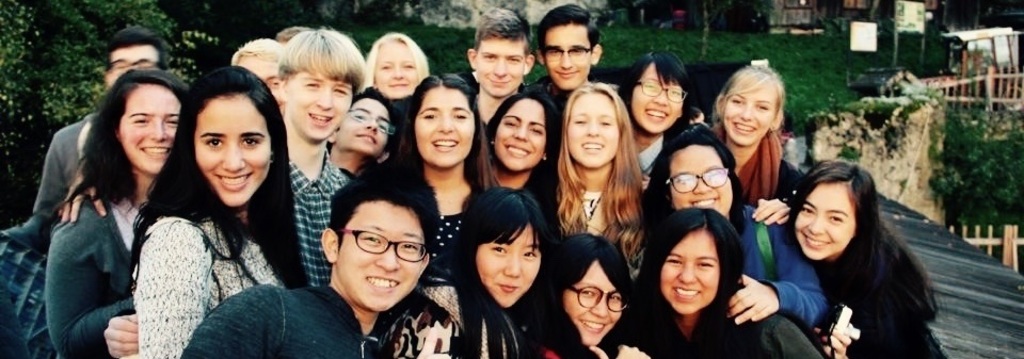Pupil mobility in Erasmus+
The issue
In a more and more interconnected world, where cooperating across borders is essential for responding to global challenges and fostering peace, all young people need to develop global competence from an early age. Spending a period of immersion – in a host family, host school, local community – in another country has proven to be a transformative experience through which transversal key competences are developed. The schools where students experience mobility are enriched in their practices and relation to the world.Since 2009, the EU funding offers this transformative experience to pupils and schools across Europe. In the context of the revision of the Erasmus+ programme, we called on the EU to expand this opportunity to a wider range of young people: to reach this objective we advocated for more funding and the possibility for schools and expert mobility providers to work in partnerships, to ensure outreach and quality.
What we call for
Therefore, we call for more investments in individual pupil mobility and for enabling and encouraging partnerships with exchange organisations.
More investments in Erasmus+ pupil mobility are vital, but they may not lead to more accessibility and inclusion, if they are not supported by proper accompanying measures. Thanks to their expertise, non-profit exchange organisations can be crucial partners in supporting a variety of schools in applying for projects and managing administrative, risk management and organisational aspects of exchanges, as well as in providing quality educational support.
The discussions around the future Erasmus+ Programme (2028 onwards) represent a unique opportunity to invert the current trend and foster school students’ exchanges and their key role for European integration.
Our campaign
EEE-YFU runs a campaign for “More pupil mobility in Erasmus+”, together with our partners EFIL, ESHA, ATEE, and OBESSU.
Via this campaign, we join voices coming from different actors, build solid arguments to back-up our position, participate in public debate around the future of the Erasmus+ Programme, and raise awareness among policy-makers and stakeholders.
